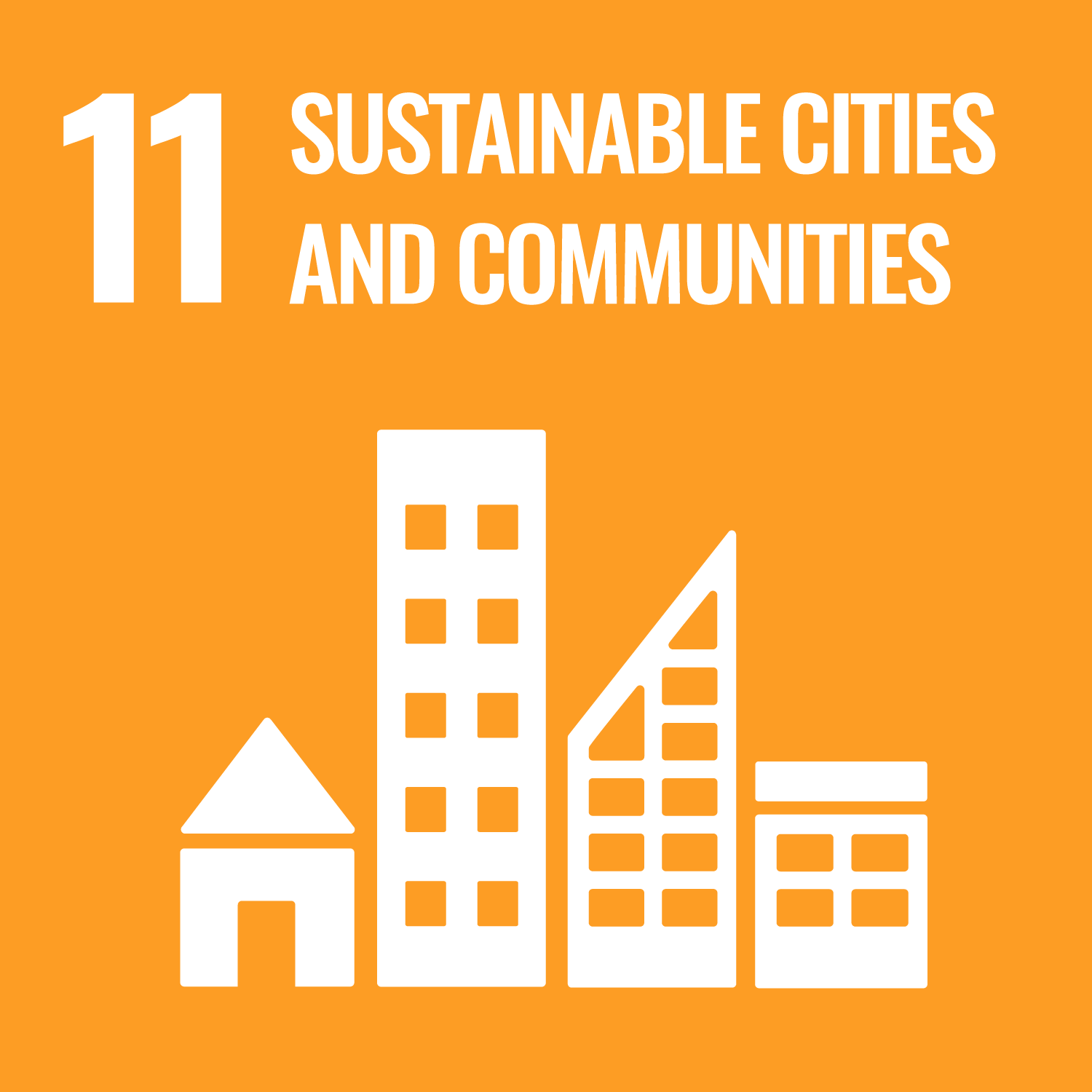ORCID
- Cho Kwong Charlie Lam: 0000-0002-9903-8089
Abstract
Urbanisation has changed local meteorological conditions worldwide. The physical features of outdoor spaces are critical in determining outdoor thermal comfort through changes in meteorological parameters. Past studies comparing subjective thermal perception between local climate zones (LCZ) were mainly conducted in humid subtropical regions. This study aims to investigate this relationship using outdoor thermal comfort survey data collected in three research projects in Melbourne, Australia (temperate oceanic climate) (n = 4717). The physical features investigated included the sky view factor (SVF) and LCZ classification. During Melbourne's summer, people preferred a higher PET value than neutral PET across all LCZs. People in urban green spaces (LCZs B and C) were more likely to feel ‘neutral’ when Physiological Equivalent Temperature (PET) was 15.5 °C–24.5 °C and less likely to feel ‘slightly warm to hot’ when PET was 24.6 °C–55.6 °C. Furthermore, LCZ 6 (LCZ C) reported the highest (lowest) percentage of unacceptable votes. Cluster analysis identified two thermal comfort patterns (neutral and warm groups) representing various thermal sensations and preferences. The thermal comfort patterns proportion differed between built LCZs (5, 6) and land cover LCZs (B, C). Logistic regression revealed that PET values and urban morphology (i.e., LCZ) contributed significantly to people's thermal sensations and acceptability for neutral and warm groups. SVF significantly predicted the thermal sensation and acceptability for the warm group but not the neutral group. Our study approach informs further research to understand the implications of urban design in outdoor spaces using thermal comfort patterns as a benchmark.
DOI Link
Publication Date
2023-05-15
Publication Title
Building and Environment
Volume
236
ISSN
0360-1323
Acceptance Date
2023-03-30
Deposit Date
2023-11-27
Embargo Period
2023-11-28
Recommended Citation
Lam, C., Shooshtarian, S., & Kenawy, I. (2023) 'Assessment of urban physical features on summer thermal perceptions using the local climate zone classification', Building and Environment, 236. Available at: 10.1016/j.buildenv.2023.110265


